Fr. Jack McClure, former pastor at the notoriously pro-gay Catholic parish of The Most Holy Redeemer in San Francisco’s Castro District, upon his arrival, said: “We didn’t come here to change anybody…”
Sadly, this priest is either confused or has been seriously deceived; because what he says points to a rather serious misunderstanding concerning the reality of the homosexual condition and of sin itself: if homosexuality is an inherent trait, if its something that a person is born with, than why even attempt to “change” anything about it; this idea reminds me of the theories put forth by discredited sexologist John Money* who stated: “Homosexuality, like heterosexuality, is not a matter of preference, choice or voluntary decision. It is like a status, like being tall, dwarfed or left handed, and it is not changed by desire, incentive, will power, prayer, punishment, or other motivation to change.” Following this mind-set, then – there is no need for healing, no need for “change;” yet, this rational will ultimately also led one to surmise that there is also no need for Christ. On this point, Fr. Emmerich Vogt wrote:
“Because of our wounded nature, we are in the need of grace, which restores us to the beauty in which man was created before the fall of Adam. In the sense that we are all wounded and in need of redemption, we are not whole, nor fully normal…Normal was what human nature was created to be. Because Jesus did not inherit Adam’s wounded nature, he is the perfect exemplar of man’s natural being and manifests the nature of normal.”
Yet, part and parcel along with this unwillingness to fix or change homosexuality is a strict adherence by some to the gay identity; most unequivocally put forward by author Eve Tushnet who wrote: “I’m in no sense ex-gay. In fact, I seem to become more lesbian with time—college was my big fling with bisexuality, my passing phase…” Here, the late Fr. John Harvey was clear: “Those who refer to themselves as ‘gay’ or ‘lesbian’ regard sexual attraction as the most important part of their identity.” Proving Fr. Harvey’s contention, blogger Joseph Prever, who also often identifies as gay, said in an interview: “Since sexuality itself is so deeply tied to so many aspects of our personality, and our experience as human beings, then homosexuality has very wide-reaching effects into almost every aspect of our lives…” Therefore, not surprisingly, when asked about why he continues to self-identify as gay, Prever said: “…it’s offensive to be told what you ought to be allowed to call yourself. And in fact, I rarely feel strongly about whether I should use the word gay or not, but the one time I do feel strongly about it is when somebody starts upbraiding me for it. Because it feels incredibly intrusive.” (Both Tushnet and Prever will speak at a forthcoming Courage conference.)
Together, the contention by some that homosexuality is not wanting of any “change,” and the insistence by others to incessantly identify as gay, even after leaving the active lifestyle, reveals a larger social effort to “normalize” homosexuality as a natural variant; and, among some Catholics, to critique homosexuality as “banal” and unfulfilling, as Tushnet describes it, but as otherwise morally negligible: to this effect, Tushnet wrote: “My sense is that people who have had very little experience with gay communities, or whose experiences have been largely negative, are a lot more likely to identify as ‘same-sex attracted’ and resist identifying as gay. My own relationship to queer communities has been important to me, largely positive, and characterized by belonging, and that’s what I mean when I say I’m gay.”
As someone who found the gay lifestyle “largely negative,” I find her attitude rather stupefying; I find this manner similar to Prever, who is both grossly uninformed and at the same time oddly flippant; Prever wrote: “…‘gay’ is a useful sort of shorthand, and I’ll use it from time to time until a better word comes along…And — let’s be honest — ‘gay’ is much better for SEO purposes.” Unfortunately, I do not have the luxury of being so relaxed and semi-humorous: for, I spent my mid-to late 20s watching almost each and every one of my friends die of AIDS, of various drug overdoses, and by their own hand. I was oblivious to pretty much everyone’s pain: I thought – it was just the way things were; a risk we all took. I never thought that life could have been different. Because, I had bought into the lie; I truly believed that I was gay; that coming-out, that being gay, that everyone else who was gay – that that meant something. It was an illusion.
I will never forget visiting a dear friend for the last time; he lived in a second floor apartment and I had to climb this steep flight of stairs to his front door; it was an old converted Victorian and I loved him and his place; he was everything I thought of as the epitome of the epicurean urban gay: an art collector, gay historian and general bon vivant. But, now, he was dying. I was supposed to stay with him through the night, but I couldn’t. I didn’t want to face it: that behind all the beautiful pencil drawings by gay artists, that behind the bronze statues of nude men, that he meticulously collected over the years, hid death. The next day, while going about my business, I learned that he died during the night.
Somehow, while everyone around me crashed, I survived. I barely crawled away; the Lord took pity on me – and He healed me; he changed everything about me; and yes – fixed me; the first thing He did – he offered me freedom; freedom from that horrible word. The greatest event in my life was the day I realized that I was no longer gay; I didn’t need that identity any more; I didn’t need that word; nor, everything it represented. More importantly, I suddenly saw gay for what it was: a refuge for the neglected, the tormented, and the abused; a fantasy of love sold to broken boys; a quick escape from loneliness that left everyone to die alone.
Today, I have little time for same-sex attraction as I spend probably too many hours in the day trying to make sense of it all: Why my friends had to die? Do their deaths have any meaning? Was it all just a colossal waste? The conclusion I have reached: the slaughter of so many young men only takes on lasting significance if somehow we learn something from it. For instance, in the aftermath of the Holocaust, through Auschwitz, the theories of Social Darwinism, so prevalent in much of early-20th Century thought, were once and for all proven horrendously false; strangely enough, the last bastion of that failed philosophy still exists most significantly in Planned Parenthood. In my mind, similarly, the whole idea of gay: of being gay, of calling oneself gay, of finding something of worth in the gay lifestyle, should have been buried along with the over 300,000 American gay men who died of AIDS; but, it wasn’t. There are those who try to remake the gay model – into gay marriage; or, even by Christians who reimagine homosexuality as a new form of “spiritual friendship” that is somehow in line with the teachings of Christ. Now, in middle age, I have become like an old Holocaust survivor – lashing out at the deniers; those who claim that homosexuals are fine as they are, or, those who should know better, but still align themselves with an erroneous belief system – I get particularly impatient. But, gay men are hurting and they are dying – telling them that nothing is wrong, or that you can somehow maneuver your way through the gay world and keep your soul intact is like saying that its okay to be gay.
* In 1966, Money convinced the parents of boy who was surgically mutilated during a botched circumcision to allow a sex change operation on the child and to raise their son as a girl; extensive therapy, performed by Money, failed to convince the boy that he was female; later, he committed suicide at age 38.
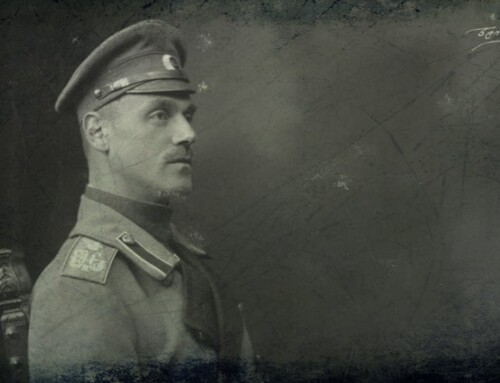
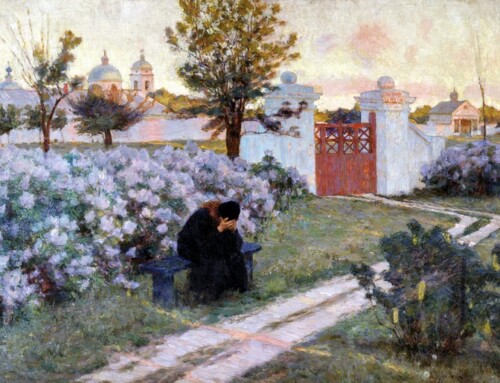
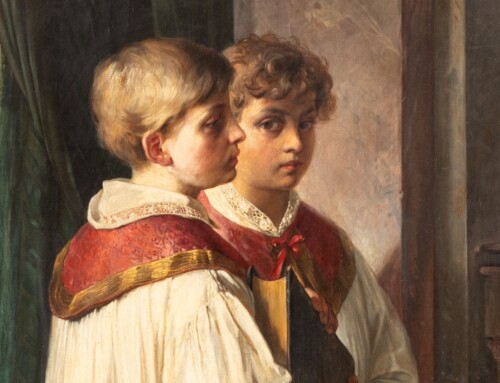
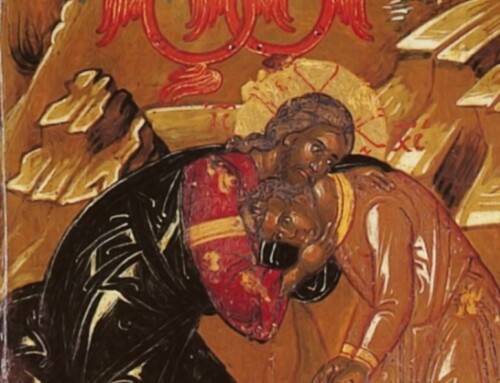
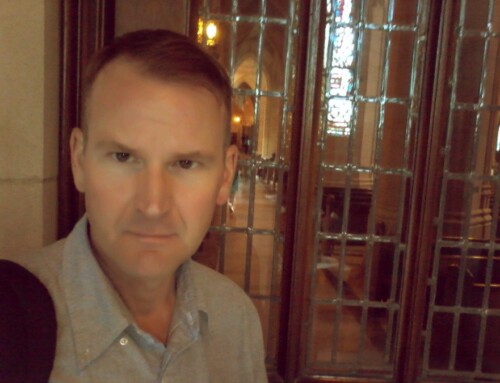
Thank you for your enlightening thoughts. Your viewpoint is very counter cultural.
Joseph, thank you for all of the incredible knowledge that you share about the truth. The truth about God, and salvation through Jesus, our Christ. And the truth about the intrinsic flaws of the gay lifestyle and how it is incongruous with Christianity and Catholicism.
Too many “Catholics” seem to be blind to the realities to which you so often refer and are falling victim to a secular trap that is being set to “make gay OK” – oblivious of the evidence to the contrary, which you are working so hard to make known.
I pray that people of stature within the Catholic Church are paying attention to your message.
You are absolutely going against the grain – more power to you – meaning, may God bless you and give you great strength. It almost seems as if everyone is against you and what you say. You are right on in this post. Stay humble and grow in charity – and you'll be doing God's will. God bless!